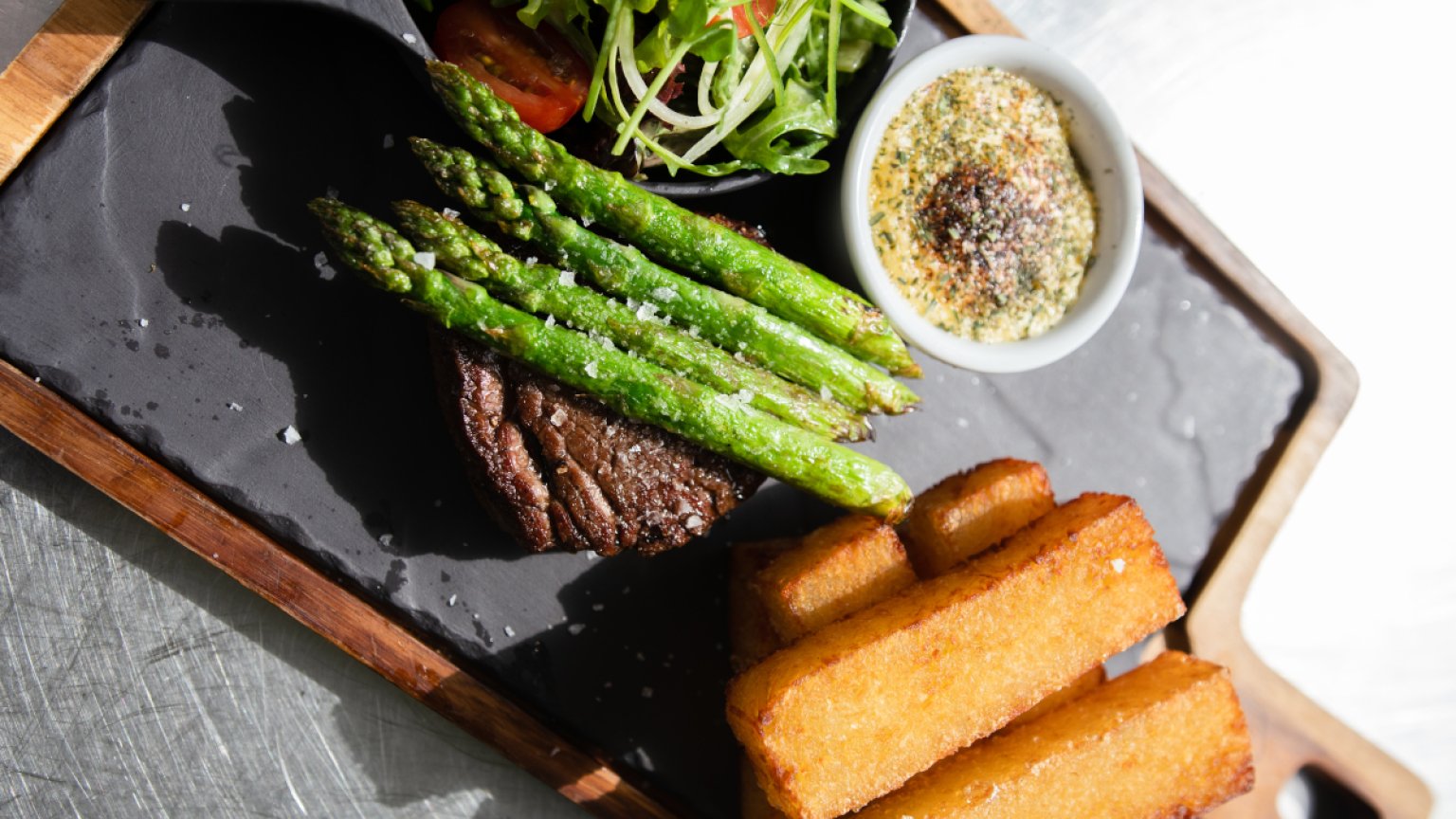Gastronomy is a bit like the world of fashion - in that every season you can see an influx of new, avant-garde ideas and trends among the best and most visionary chefs and restaurants. On the other hand, both here and there are canons, i.e. unsinkable classics, such as tartan or beef Burgundy.
At what point in its development is the gastronomic world in 2024? Let's look at the most pronounced trends!
First, consciously
We want to know what we eat. This simple statement encompasses many phenomena. Gone are the days when when going to a restaurant we cared only about taste, aesthetic impressions and atmosphere. Awareness of how important nutrition is for human health and general well-being makes us take a much closer look at the contents of our bowl or plate. Obviously, we want to eat healthily and qualitatively. Therefore, not only the composition of dishes is important to us, but also the nutritional value they contain.
Points are awarded to restaurants that willingly and honestly talk about their - nomen omen - "cuisine". The X-factor may be interesting information about the chef and his experiences, and presenting the suppliers who provide the products from which our dishes are made also makes a good impression. For people who care about the good of the environment, the context of ecology and sustainable agriculture will also be important. Beef from a small, certified farm that cares about animal welfare? Vegetables from an organic farm in Kashubia? Sounds like something trustworthy!
Secondly, seasonally and locally
We have already touched on the issue of ecology, which is related to another trend in gastronomy. It's been a while since we started - finally! – appreciate gastronomy based on local products (that is, fresh and generating a much smaller carbon footprint) and seasonality, allowing you to make the most of the fruit and vegetable benefits of individual seasons. "Nowalijki" has been one of the keywords of recent years in the gastro industry, and let us emphasize that plant-based cuisine is constantly gaining popularity.
This is important because we appreciate and support local farms, giving them an impulse to develop and improve their activities. Many restaurants openly boast of cooperation with specific suppliers from the region, while others go a step further towards self-sufficiency: they obtain some of the ingredients themselves. This is the case of the a'la carte restaurant at the Radisson Blu Hotel, Sopot, which uses fresh vegetables and herbs from the hotel's crops. They influence the shape of the menu, which changes every season.
Thirdly, to comfort hearts
A tasty meal is a proven way to improve your mood and there is nothing wrong with it as long as we eat in moderation and consciously. In recent years, the term "mood food" has become very popular, meaning snacks and dishes created specifically to improve the mood - literally. They contain microelements that affect our body in such a way that our well-being quickly improves. It's not just chocolate or caffeine. Each of us has our own private list of "favorites" (not to be confused with "guilty pleasures"!), which can and is worth reaching for from time to time. Peanut butter, sweet potatoes, chocolate and dates are ingredients that taste great and at the same time provide a lot of nutritional value. A similar trend can be considered nostalgia, i.e. the desire to reach for dishes familiar to us from childhood and family homes. When we reach for them, we recall pleasant memories, which only enhances the good taste.
Fourth, unconventionally
As we have already mentioned, we increasingly appreciate food from local suppliers, but this does not mean that we completely give up culinary journeys on the plate. In no case! Experts quite unanimously agree that the year 2024 belongs to Korean cuisine, which is widely unknown in our country, also known as K-food. In recent years, Polish palates have been conquered by kimchi, traditional Korean pickles, and now it's time for further exploration. Mandu, bibimbap, jajangmyeon - it is possible that soon the exotic names of these dishes will not cause us confusion, but a sudden increase in appetite.
There is also a trend for culinary and globetrotting experiments, i.e. creative associations of various kitchen traditions, both quite close (Balkan cuisine + Middle Eastern cuisine) and completely distant (itameshi - fusion of Italian and Japanese cuisine)...
Radisson Blu Hotel – culinary delight by the Polish seaside
So? Do you want to follow trends? Or maybe, like true pioneers, you prefer to follow your own path in search of new delights for the palate? One thing is certain - culinary exploration is always best during a successful holiday. Radisson Blu Hotel, Sopot by the Polish seaside is a great base for this type of holiday, especially since the entire Tricity (Gdansk, Sopot and Gdynia) has long been considered a gastronomic powerhouse. Our hotel a'la carte restaurant will also surprise you with original proposals, both for classic lovers and plate experimenters!
Enjoy your meal!




